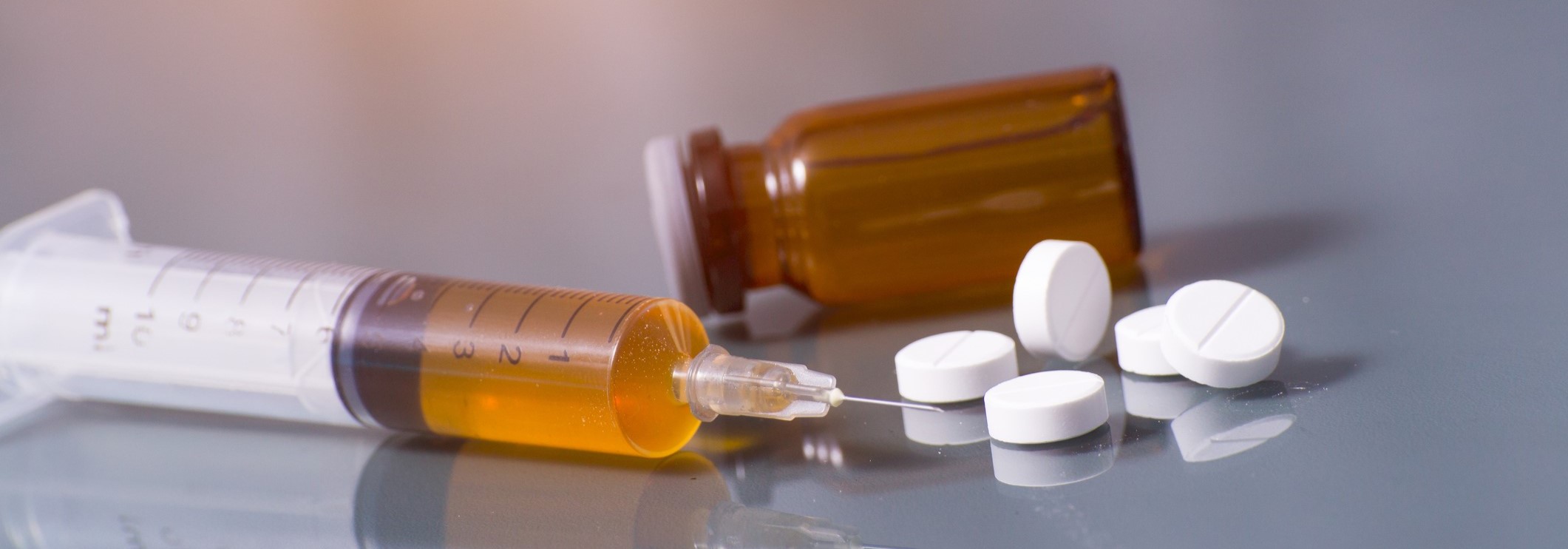While Opioid Use Disorder is a chronic disease, it is also treatable. Here are some ways to prevent opioid dependency and different treatment options.
Alternative Treatments: Opioids are not your only option. Some non-addictive therapies include acupuncture, aqua therapy, and even Tylenol. If you’ve been prescribed an opioid in the past and are worried about the risks (like abuse and addiction), talk to your primary care provider about alternative treatments. These therapies can be effective in helping with your pain.
Prescription Drug Take-Back Boxes: It is important to properly dispose of unused medications to reduce the risk of accidental ingestion, misuse, or abuse. Pennsylvania has almost 900 prescription drug take-back locations where you can safely dispose of unused or unwanted medications. Find a drug take-back location near you.
Prevent Overdose with Naloxone: Naloxone (also called Narcan) is a medicine that can reverse an opioid overdose. It can be administered as a nasal spray or intramuscular injection. Find out how to get naloxone for free here.
Medication-assisted treatment (MAT): MAT is an effective approach for treating OUD. It is a combination of medications and therapy to help individuals manage their addiction and sustain recovery. MAT is administered by healthcare professionals who can provide tailored treatment plans for recovery. This can be done in a hospital setting after an overdose, or in an outpatient setting through PCPs, and Centers of Excellence. MAT is also available through telehealth to ensure access to those seeking treatment.
In 2016, the Centers of Excellence (COE) for Opioid Use Disorder were created to help combat the growing overdose crisis in Pennsylvania.[3] COEs provide services and treatment for those with OUD. Services include:
• One-on-one counseling
• Intensive group therapy and education
• Case management, screenings and assessments
• Telehealth options
Find a COE or visit the Commonwealth of Pennsylvania's Centers of Excellence webpage.

